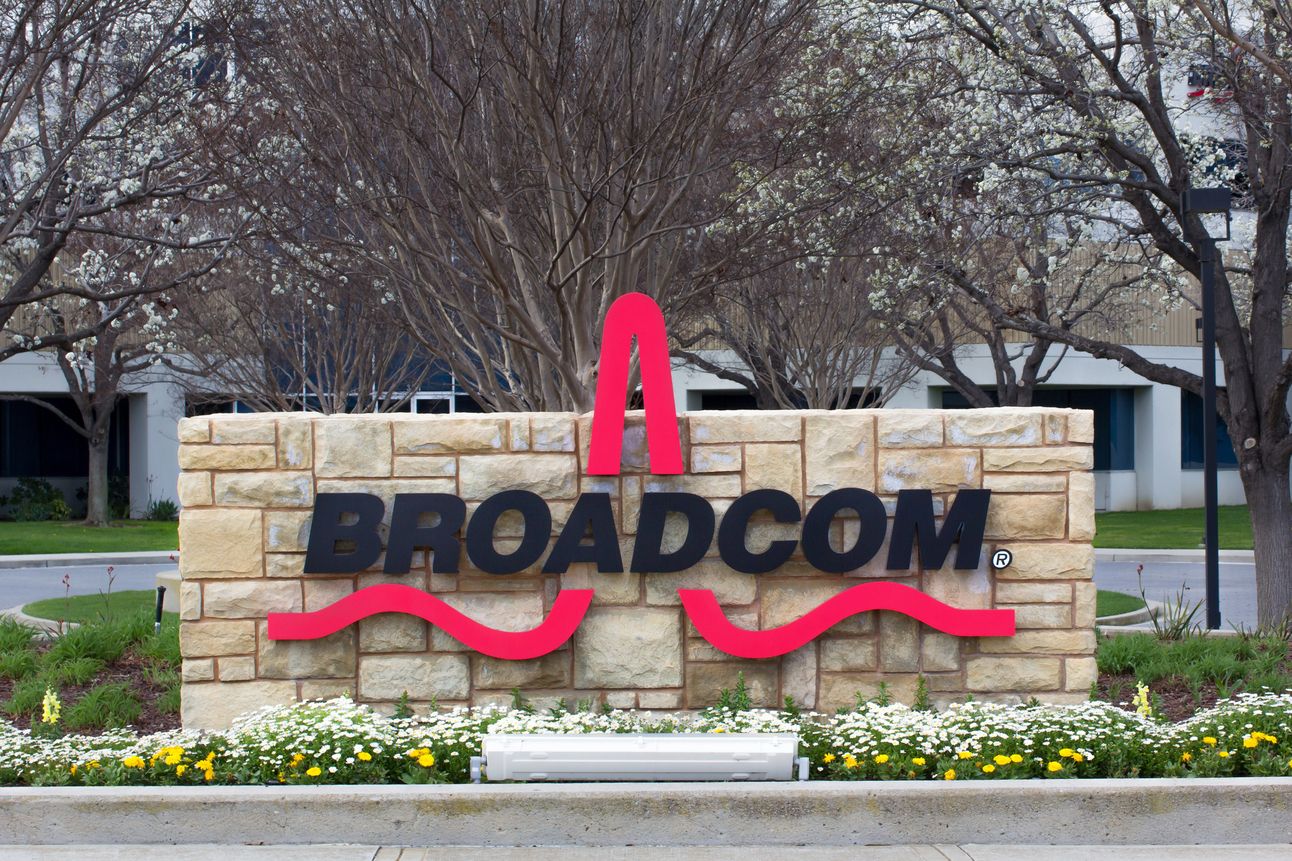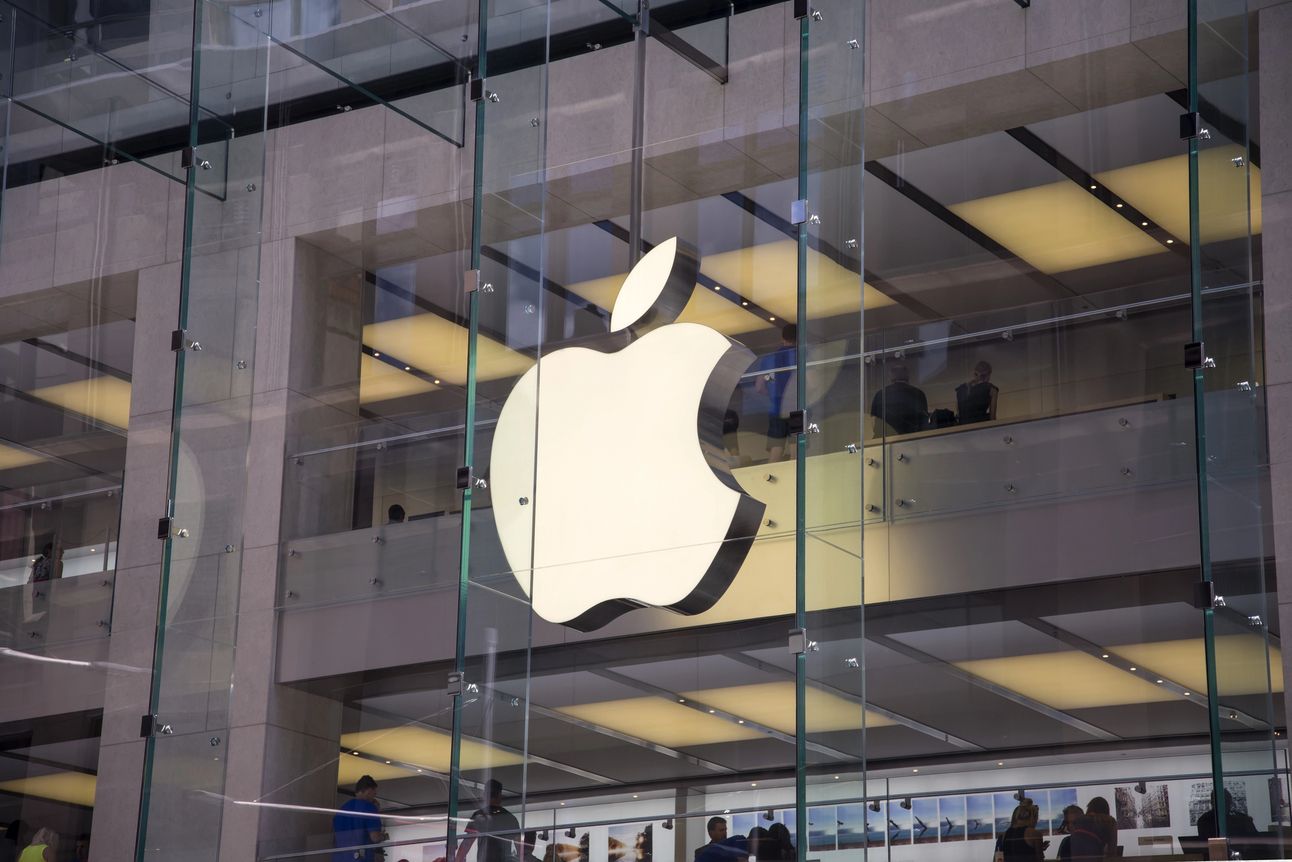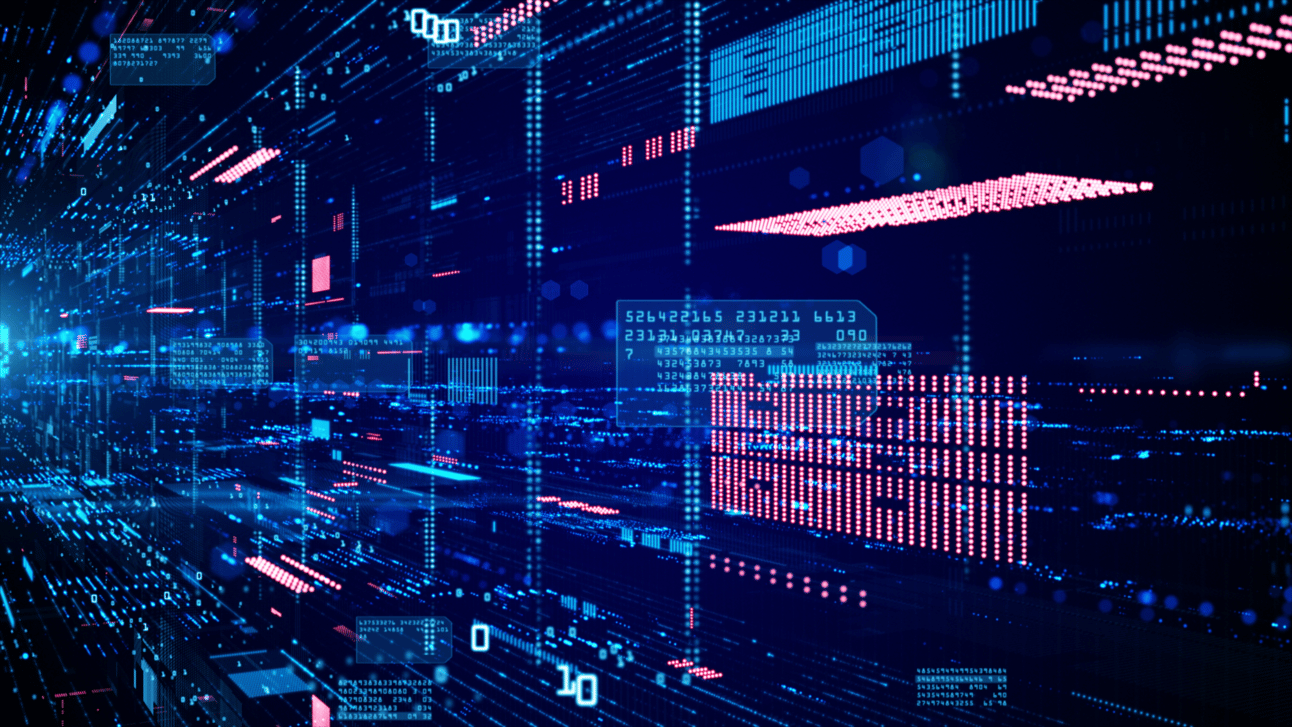- Tech Stock Insider
- Posts
- How One Low-Profile Company Is Winning the AI + Data Race
How One Low-Profile Company Is Winning the AI + Data Race
Hello and welcome to the Tech Stock Insider, the twice-weekly newsletter covering the biggest opportunities in the tech world.
Today, we’ll look into the latest tech news, highlight some recent movers, and investigate an under-the-radar tech stock with potential.

Never Miss Our Top Tech Recommendations Again!
We now send our tech picks via text, too, so you’ll get the same tech breakout news without having to open your inbox.

Next AI Boom (Sponsored)
While headlines focus on the same overhyped AI names, a bigger opportunity is taking shape — and it’s flying under the radar.
A new report reveals 9 AI companies with real U.S. operations, accelerating revenue, and deep AI integration. These aren’t speculative plays — they’re positioned to benefit from a massive shift in how and where AI is being built.
This free guide includes:
A chip supplier poised to fuel U.S. AI manufacturing
A cloud provider set to expand under new policy changes
A data firm with potential government contracts on deck
The early window on these opportunities may be closing — now’s the time to see what’s coming next.

Chipmaker
Broadcom Fires Back at Nvidia with Ultra-Fast AI Interconnect Chip

Broadcom (NASDAQ: AVGO) is ramping up its AI challenge with the launch of the Tomahawk Ultra chip.
The networking processor is designed to supercharge data center performance by acting as a high-speed traffic controller between hundreds of tightly packed AI chips.
With AI models growing larger by the month, the real bottleneck isn’t just GPU power, it’s how fast those chips can talk to each other.
Broadcom’s latest solution addresses exactly that.
Tomahawk Ultra links four times more chips than Nvidia’s NVLink Switch, according to Broadcom, using an enhanced version of Ethernet instead of proprietary protocols.
That detail matters: it gives data center architects more flexibility and avoids vendor lock-in, a subtle but strategic jab at Nvidia’s vertically integrated stack.
Initially intended for high-performance computing, the Ultra chip was retooled as the AI boom accelerated.
Broadcom also manufactures chips for Alphabet’s custom AI projects, further solidifying its position in the evolving enterprise AI infrastructure market.
Here, the focus isn’t the GPU itself, but the system around it.
Broadcom’s Tomahawk Ultra allows data centers to connect more chips at higher speeds using standard Ethernet protocols.
That means organizations running large AI models can expand compute power across server racks without needing to redesign their entire infrastructure.

Cloud
Google Pours $3 Billion Into Water Power to Keep AI Running

Google (NASDAQ: GOOGL) is securing carbon-free hydropower to power its expanding fleet of AI data centers.
The company signed a $3 billion agreement with Brookfield Renewable Energy to secure a long-term electricity supply as AI computing demands surge across its cloud operations.
The deal begins with 670 megawatts from two hydro plants in Pennsylvania under 20-year contracts.
It’s part of a broader framework that enables Google to expand to a total capacity of 3 gigawatts.
These facilities will be upgraded to meet the company’s carbon-free requirements and integrated into Google’s infrastructure roadmap.
For Google, this isn’t just about sustainability optics. Running large-scale AI models requires massive amounts of energy.
By securing a stable and clean power source near its eastern U.S. data centers, the company is reducing volatility in both energy costs and carbon footprint.
It’s also a direct answer to growing scrutiny over the climate impact of hyperscaler AI expansion.
While rivals like Microsoft and Meta turn to nuclear, Google is placing a calculated bet on mature hydropower.
The strategic placement of the Holtwood and Safe Harbor facilities within the PJM grid offers a geographic advantage and grid stability without relying on future technology.
The scale of this energy commitment reflects how AI has shifted infrastructure planning inside Big Tech.
As workloads intensify, power procurement has become a critical differentiator that could influence latency, uptime, and investor confidence in long-term AI profitability.

Q2 Picks (Sponsored)
As we dive into Q2 2025, the stock market is buzzing with opportunities, and I’ve got the insider scoop just for you.
I’ve handpicked the Top Seven Stocks for this quarter, offering you a clear roadmap for growth as the year progresses.
Here’s what makes this guide indispensable:
High-Growth Sectors: Key industries poised to boom this summer.
In-Depth Analysis: Simplified insights to make wise investment decisions.
Expert Picks: Data-driven, not just guesses, for reliable potential.
Profit-Boosting Opportunities: Position your portfolio for a strong finish in 2025.
This isn’t merely a list; it’s your chance to seize the market’s hottest opportunities before they pass you by.

Hardware
Why Apple’s $500M Magnet Move Could Reshape U.S. Tech Hardware

Apple (NASDAQ: AAPL) is doubling down on domestic supply resilience with a $500 million investment in MP Materials, the U.S.’s only integrated rare earth mining and processing firm.
The deal includes a long-term commitment to purchase American-made neodymium magnets from MP’s Fort Worth, Texas, facility, which will be used across Apple’s global hardware lineup.
At a time when access to rare earths is a growing geopolitical pressure point, Apple is opting for vertical control and insulation of its supply chain.
These magnets power core features, such as the Taptic Engine in iPhones, as well as essential functions in AirPods and MacBooks.
Nearly all magnets across Apple devices already use 100% recycled rare earths, and this move brings that loop fully inside U.S. borders.
For the hardware side of Apple’s business, this is a strategic move.
As demand grows for sustainable and secure inputs, the Fort Worth plant will expand its manufacturing lines to meet Apple's specifications.
In parallel, a new California-based recycling operation will process used electronics and post-industrial rare earth scrap, feeding it right back into Apple’s products.
The partnership underscores a long-view bet: as the device cycle intensifies, rare earth control will define who can scale cleanly. Apple just locked in its pipeline.

Recent Tech Movers
BlackSky Technology (NYSE: BKSY) surged 6.7% on Monday, riding a wave of bullish sentiment for defense tech.
While the company wasn’t directly named, Citi’s new space and aeronautics report lit a fire under names like BlackSky, which just signed a contract tied to Ukraine support.
Combine that with Trump’s greenlight for advanced weapons systems and growing rate-cut optimism, and you get the recipe for a potential continuation rally.
The stock is up 124% in the last month, so investors should watch for a potential pullback, but defense-tech momentum could keep this name on the move.
Micron Technology (NASDAQ: MU) got a fresh jolt from Mizuho, which raised its price target from $130 to $150 and reiterated its Outperform rating.
This comes as Micron’s HBM (high-bandwidth memory) chips continue to gain traction in the AI race.
With a projected 25% HBM market share by year-end and strong AI tailwinds, the July 24 earnings report could be a major catalyst.
If MU surprises again, don’t be shocked if that $150 target proves conservative.
Criteo (NASDAQ: CRTO) may not be soaring yet, but it's worth flagging.
Shares are down 51% since last August, but this French ad-tech firm just rolled out a new AI-powered auction model for ad sales, designed to boost margins and better serve retailers.
With no debt and $286 million in cash, Criteo is built to weather macro headwinds.
A rebound could begin if earnings next month show traction with the new model, and if ad budgets recover in Q4, there could be even further upside.

Vision-Saving Tech (Sponsored)
There’s a small AI company flying way under Wall Street’s radar—but that might not last much longer.
They’ve built Vision AI, a web-based platform that can detect diabetic retinopathy and other serious eye diseases in seconds.
It’s fast, scalable, and fits perfectly into the growing demand for early detection and preventative care.
The stock is still cheap—but the setup is intriguing:
✅ Potential FDA approval on deck
✅ Early traction in Latin America
✅ Global rollout and licensing opportunities on the horizon
As AI rewires entire industries, healthcare is next—and this stock could be an early mover in one of the most critical areas: disease detection.

Don’t Overlook This Tech Stock
RELX (NYSE: RELX) isn’t flashy, but it’s now the seventh-largest company in the FTSE 100, and most investors still haven’t clocked it.
The low-profile tech and data firm has quietly compounded gains, climbing ~19% year to date and 120% over five years.
What does it actually do? RELX sells access to massive, mission-critical datasets used across healthcare, law, finance, and government.
Think: clinical trial data, fraud detection tools, AML platforms, things companies need to operate, not just want. Over 90% of RELX's customers renew annually.
That includes 84% of the Fortune 500 and 9 of the 10 largest global banks.
And it’s not standing still. RELX is integrating AI into its core analytics, helping clients extract deeper insights faster.
This boosts both customer stickiness and margins, and positions RELX as one of the most powerful “picks and shovels” plays in the data economy.
Yes, the P/E ratio is rich (nearly 39x), and cybersecurity threats could pose risks. But for long-term investors, RELX offers a rare mix of defensive moat and future-forward upside.
With a solid dividend, zero buzz, and serious institutional backing, this stock might be the quiet compounder your portfolio’s missing.

Everything Else
Meta is going all-in on user data, with Zuckerberg claiming AI needs it all to stay competitive.
Cognition just scooped up AI startup Windsurf in a lightning-fast deal, just days after Google poached its CEO.
GM’s EV strategy is now mimicking China’s playbook with ultra-cheap batteries and a new pivot toward affordability.
A foldable iPhone may arrive by 2026, signaling a major design shift for Apple’s product line.
SAP just launched its Responsible AI Impact Award during London Climate Week, touting ethics, not only algorithms.

That's our coverage for today; thanks for reading! Reply to this email with feedback or any tech stocks you want me to check out.
Best Regards,
—Noah Zelvis
Tech Stock Insider


